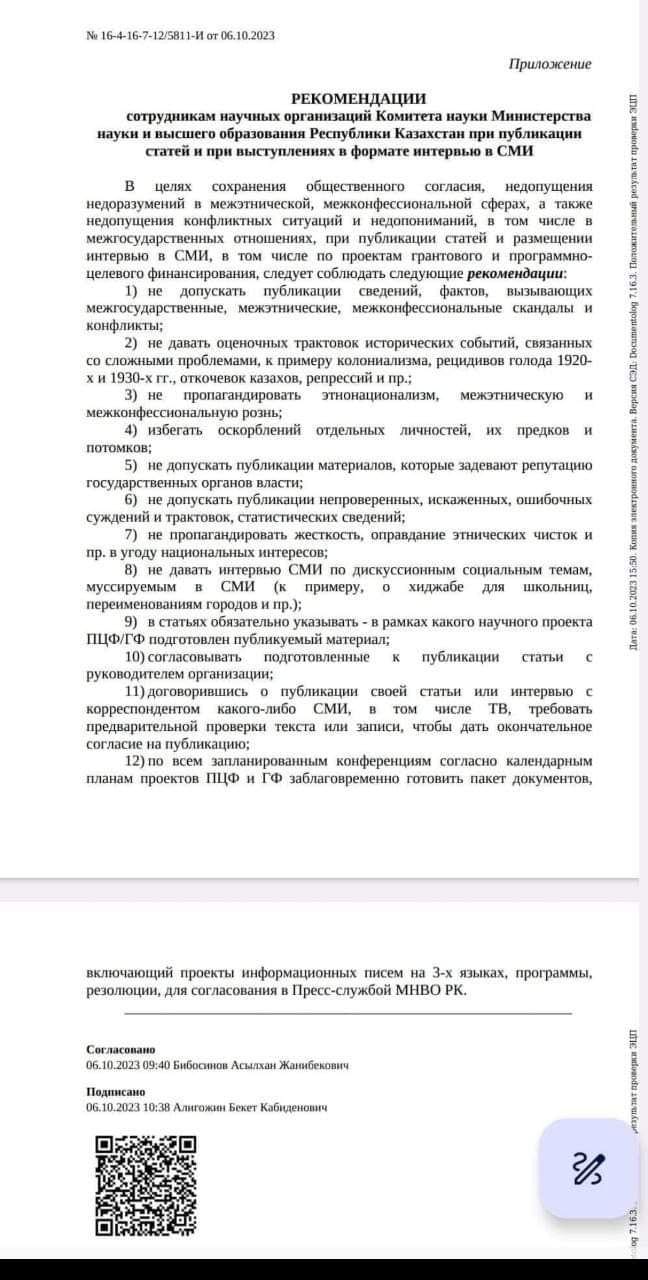АССИМИЛЯЦИЯ КАНДАСОВ В КАЗАХСТАНЕ: ОСОБЕННОСТИ В МАНГИСТАУСКОЙ ОБЛАСТИ
DOI:
https://doi.org/10.54251/2708-0897.2025.15.25qazКлючевые слова:
репатриация, кандасы, миграционная политика, социальная адаптация, Казахстан, национальная идентичностьАннотация
статья рассматривает процесс репатриации этнических казахов в Казахстан с
момента обретения независимости в 1991 году. Анализируются этапы репатриации,
государственная политика в этой сфере, а также социально-экономическая адаптация кандасов.
Особое внимание уделяется проблемам трудоустройства, жилищных условий и интеграции
репатриантов в общество. Предлагаются рекомендации по совершенствованию государственной
политики в отношении репатриантов, включая расширение образовательных программ, поддержку
малого и среднего бизнеса и развитие инфраструктуры. Репатриация этнических казахов стала не
только демографическим, но и символическим процессом, подчеркивающим стремление Казахстана
к восстановлению исторической справедливости. Государственная поддержка, включающая
предоставление жилья, социальных выплат и помощь в трудоустройстве, способствовала успешной
адаптации репатриантов. Однако challenges, такие как неравномерное расселение и трудности с
трудоустройством, остаются актуальными и требуют дальнейшего совершенствования
миграционной политики.


